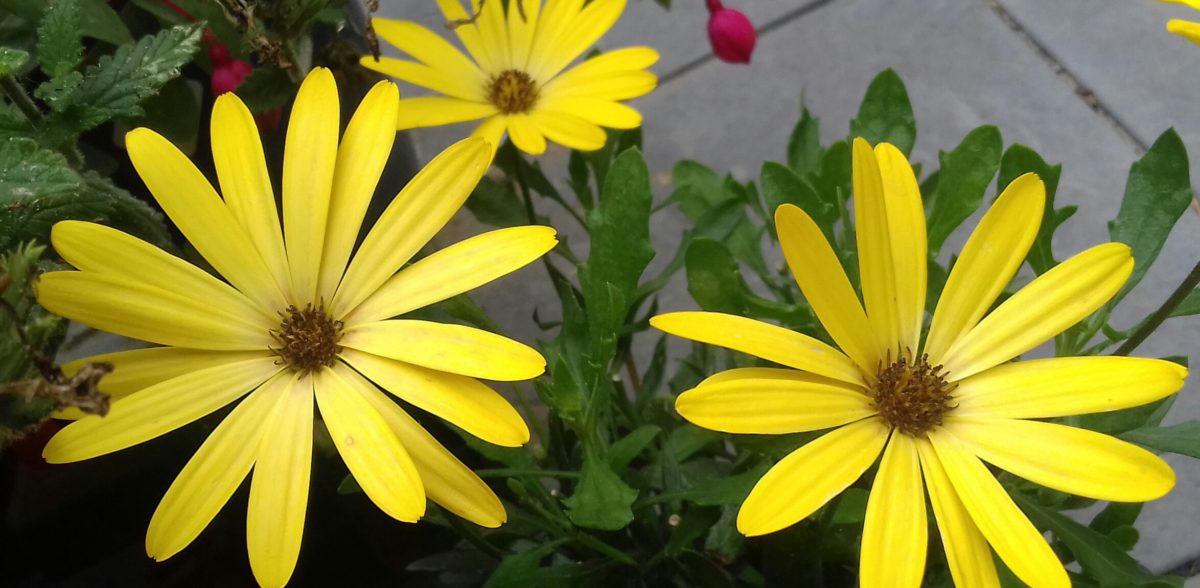Whilst driving home from a recent thought provoking conversation with a friend, I found my mind pondering the above.
Said friend is someone I trained with so invariably our talk turned to deeper themes like death, the role it plays in how we live and whether we are willing to do the work of making our dreams a reality. This ended with us discussing the crucial role of curiosity, along with our culture of curbing it.
Afterwards as I reflected upon our conversation, the saying, ‘Curiosity killed the cat’, came to mind. In our risk averse, fear driven culture, we can all too often use this saying to shut down anyone who dares to be curious as to whether there may be other ways of seeing, being or living, aside from those accepted by the unthinking majority as being the norm. Or worse still, as being ‘safe’. There is of course a time for being safe, but as an ethos for life, it’s more akin to settling for a psychological/spiritual death-in-life.
What particularly struck me is how readily we can throw such sayings about with little thought or exploration as to the original or intended meaning.
Yet further investigation revealed that the original saying was actually, ‘care kills the cat’, with the use of ‘care’ in this context meaning worry or sorrow. Even that’s not the full picture but if you are curious enough, google it yourself!
My issue with this saying is that curiosity can be marketed as a life-threatening condition. Despite the potential when exercised with wisdom, to be quite the opposite. For curiosity gives us permission to wonder, explore, imagine, play, envision and create, brand new ways of seeing, thinking, being and ultimately, living. It can be the birthplace of dreams, the beginning of change, the place of pioneering.
What is your curiosity calling you to explore?
I’ll end by returning to my initial question. Did curiosity really kill the cat? If so, which life, just the last or all nine? Either way, would curiosity be such a bad way for a cat to go?
As a human (mostly), death by curiosity doesn’t sound bad to me, at all. Whereas to die, or much worse to live, by apathy for example, would be truly horrendous.

